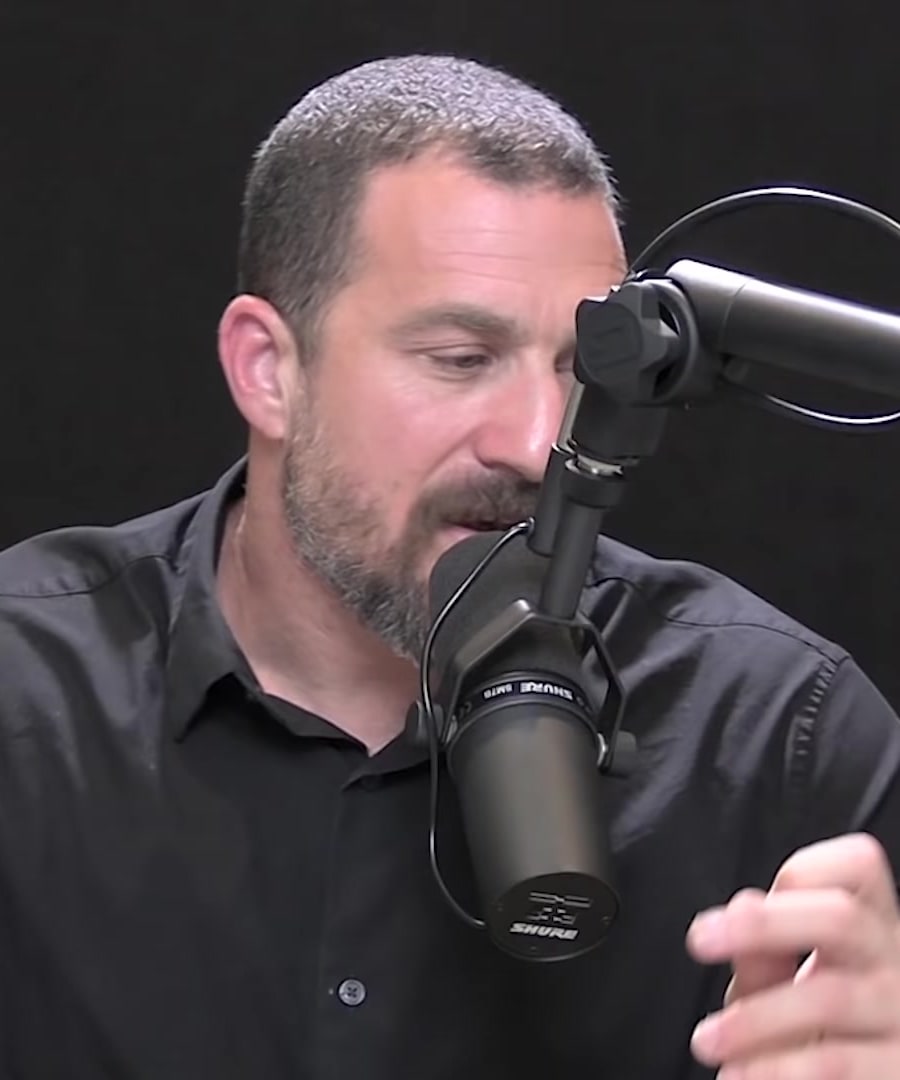How does breathing affect immunity?
Sources:
explains that specific breathing patterns can have a significant impact on our immune system. A particular technique, often referred to as Wim Hof breathing or cyclic hyperventilation, involves deep, rapid breaths followed by periods of breath retention. This pattern of breathing activates the sympathetic nervous system, leading to the release of adrenaline (epinephrine), which has been shown to reduce inflammation and help the body combat infection 1 2.
Additionally, personally uses this method when feeling the early signs of illness – for example, a tickle in the throat or the onset of a bug – and finds that it can help either prevent the symptoms from developing further or assist in pushing through the illness 3 4. He does caution, however, that this breathing pattern should not be performed near water or while driving, as it may cause light-headedness or fainting 1.
Moreover, linking to motivational state and mindset, research from Asya Rolls' lab suggests that these can profoundly affect various aspects of the immune system. This research points to the idea that the brain and mentality might influence immune responses, which previously was not thought possible 5.
In summary, deliberate breathing exercises like cyclic hyperventilation can enhance immune function by harnessing the body's stress response in a controlled manner, releasing crucial chemicals that combat infection and reduce inflammation.
RELATED QUESTIONS




